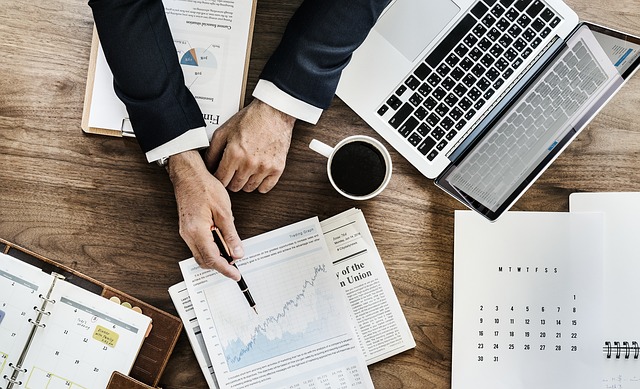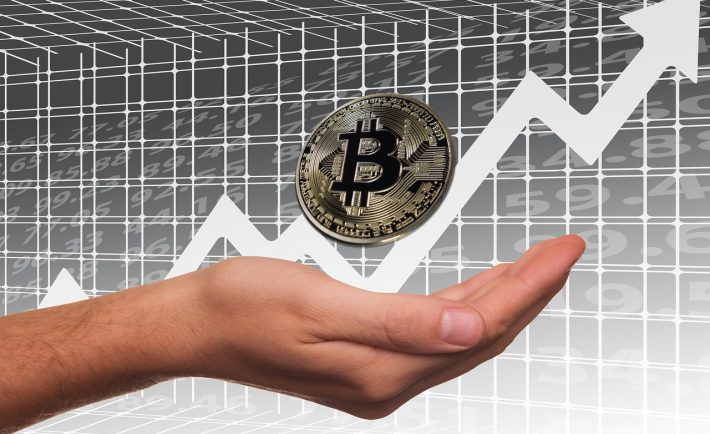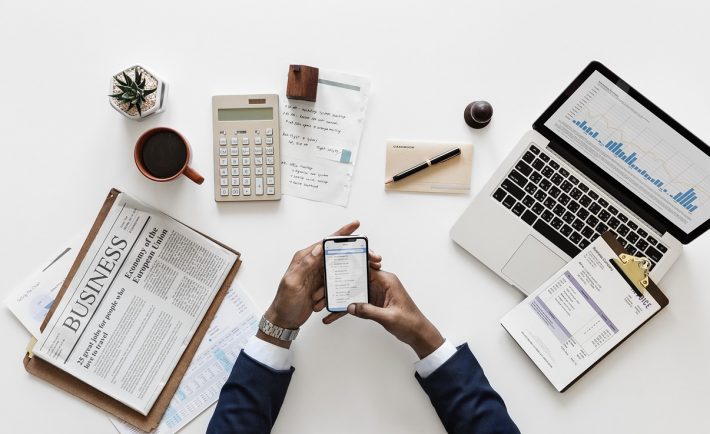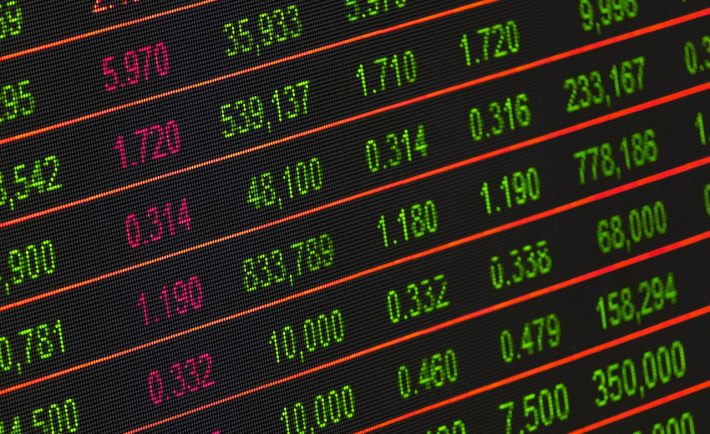First and foremost, we must define what traditional investing is. Traditional asset allocation optimizes the structure of a portfolio based on a generalized approach. Although it typically suits the needs of the institutional investors, it is not necessarily adapted to suit the needs of a private investor. A private investor, such as yourself, tends to create different portfolios corresponding to different needs.
On the other hand, goal-based investing is a relatively new approach in investing where the end justifies the means. Investing is directed to attain specific financial goals throughout an investor’s life.
“Goal-based investing involves a wealth manager or investment firm’s clients measuring their progress towards the specific life goals, such as saving for children’s education or building a retirement nest-egg, rather than focusing on generating the highest possible portfolio return or beating the market.” – Investopedia
Simply put, it re-frames success based on an investor’s needs and goals. Say that an investor’s primary goals are to save for the golden years and to save for the educational fund of his grandchildren. Goal-based investment plan would be more conservative for the former and more aggressive for the latter. As you can see, this approach will help you to withstand most market conditions and volatility.
Apply goal-based investing to your wealth management by following these steps:

Image Credits: pixabay.com
STEP 1: DETERMINE YOUR GOALS
Before anything else, you must identify your financial goals depending on your current life stage. Let us dive into some practical examples. As a young working adult, you may be eyeing on the latest gadgets (e.g., smart glasses, laptops, or smartphones). As a devoted parent, you may be considering the different educational options for your child. As a Singaporean reaching 62, you may be thinking about building your retirement fund. Having multiple goals in mind throughout the course of your life is perfectly fine!
STEP 2: ESTABLISH A TIMELINE
As you list down all your financial goals at the moment, you must keep prioritization in mind. Prioritize your goals by examining which ones you need and which ones you want to have. Afterwards, you must create a timeline for your final set of financial goals.
Do you aim to travel next month? Or, do you need to purchase a flat in the next 10 years? Measure the amount of time needed to realistically reach your short-term and long-term goals.
STEP 3: KNOW WHERE YOU START
How can you plan ahead, if you do not know where to start? Pinning your starting point is important in helping you achieve your financial goals. Administer a simple financial assessment by asking yourself a few questions. Firstly, how much money have you saved up? Secondly, do you have an emergency fund? Lastly, how much are your net worth and cash flow?
STEP 4: CREATE AN INVESTMENT PLAN
You are done with determining your final set of goals, setting a realistic timeline, and drafting your starting point. What is next for you? Well, you must put all of the above information together to create an Investment Plan. Create this by looking at four factors namely: risk profile, investment options, target amount, and asset allocation.
STEP 5: EXECUTE THE INVESTMENT PLAN
Investing for your financial goals does not stop with opening a savings account. You do not need to accumulate a massive amount of money to start investing neither. Instead, you must invest in a consistently as early as possible. As you invest religiously throughout your life, you need to review whether there are on the right path. Are you doing these things to achieve your financial goals? If so, continue on.

Image Credits: pixabay.com
Goal-based investing is a relatively new approach in investing where the end justifies the means. It may seem like an obvious or an oversimplified concept, but it represents a departure from the typical risk-tolerance framework. Will this investment strategy work well with your wealth management practices?









